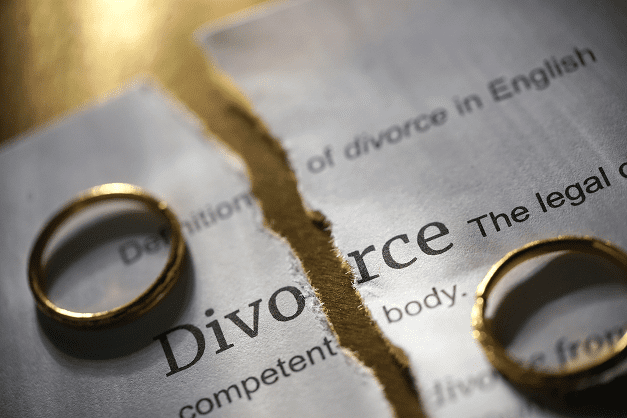By Ken Nopar, VP-Senior Philanthropic Advisor
This article originally appeared in ThinkAdvisor.
In recent years, there have been a number of high-profile divorces that have affected the charitable world. MacKenzie Scott has donated over $12.8 billion in the time since her divorce from Jeff Bezos, and since her estimated net worth is still around $60 billion, she likely will remain an active donor for years to come. Though Melinda French Gates and Bill Gates will still work together on their foundation, it is expected that she will also give separately to various causes and charities.

On the other hand, American Endowment Foundation has seen a growing number of donor advised fund (DAF) accounts created by its donors who have recently been divorced.
Numerous studies from the Lilly School of Philanthropy at Indiana University and others have shown that women are generally more philanthropic than men. Women give to more organizations, participate in giving circles and group giving, volunteer more, and engage their children in philanthropic activities more than men.
As a result, when some women get divorced, gain complete control of their finances and have the interest and ability to give, they open DAF accounts or contribute more to the ones they have. Paul Stagias of Francis Financial in New York, which works with many clients who are going through divorce, explained that some of their clients were not aware of giving options or that donations made with cash or credit card were the least efficient way of making donations.
“They are always very pleased to learn that they can donate appreciated stock or other assets, and that creating DAF accounts can enable them to give easily and with greater impact,” he said.
With the increase in gray divorce, Heather Locus, the National Divorce Practice Group leader at BDF Private Wealth Management, recommends that “high-net-worth charitably inclined clients be thoughtful on their division of retirement assets. Sometimes new clients who are IRA owners over age 70.5 are not aware they can distribute up to $100,000 of their IRA accounts tax free to qualified charities (though not to private foundations or DAFs).
“These qualified charitable distributions (QCDs) can satisfy the required minimum distributions that are otherwise highly taxed at age 72 and beyond and are not subject to the percentage of adjusted gross income limitations by which cash and stock donations are restricted.”
Some AEF DAF donors who have been divorced feel free to develop their own charitable mission. Many have involved their children for the first time, and others have become more involved with the charities that are more important to them than they were to their former spouse.
Others view philanthropy as a way to make their own statement rather than remaining in the background while their former spouse made many of the decisions for their own or their company’s benefit.
Donors who have donor advised funds and are going through a divorce typically request that the assets in their DAF account be split evenly into two separate new DAF accounts in which each of the former spouses is the sole donor-advisor. Fortunately, this is often one area that is more easily agreed upon than other issues at the end of the marriage.
Some donors who shared a family foundation with their former spouse no longer want a complex charitable vehicle and seek a simpler solution, so as part of the divorce, their foundation made a grant to fund a new DAF account for the donor. Sometimes the foundation of the married couple is terminated and two new DAF accounts are created.
Stagias shared a story in which a client’s ex-spouse agreed to donate a considerable amount to fund a new DAF for his client. The client was thrilled because she was then able to make grants for many years afterward, the former spouse was thrilled because he received a large tax deduction for the contribution to the DAF, and they were both thrilled because it was one less thing to argue about.
Divorce can be painful for many, while others may celebrate the end of an unhappy marriage. Regardless, to those who have the means and the interest in providing generous support to charities, divorce can enable them to begin or continue their philanthropic journey.
This can provide a meaningful opportunity not just for the causes and organizations they support but also for themselves and their families. Because women control more wealth than ever before and because they have a longer life expectancy than men, they can continue to have a significant impact on the charities that are most important to them.
At American Endowment Foundation, we look forward to helping donors and advisors determine the best strategies for their charitable giving. Please contact us or call at 1-888-966-8170 with any questions.